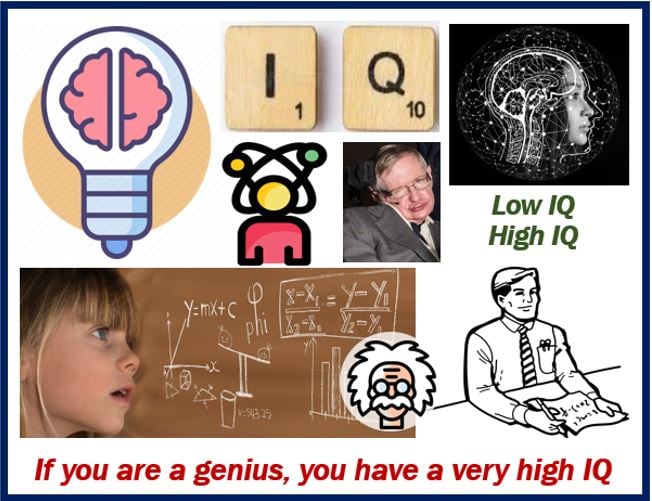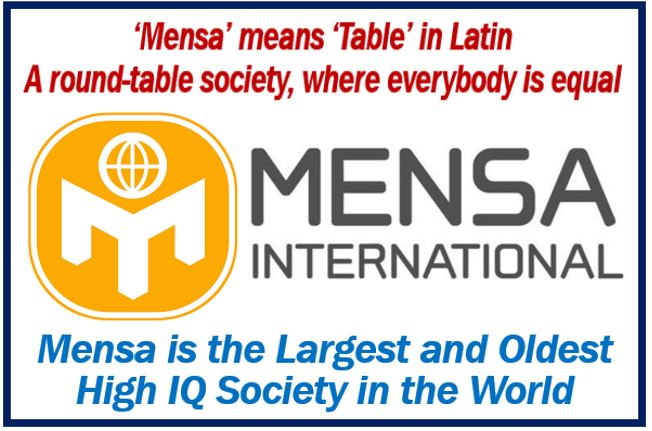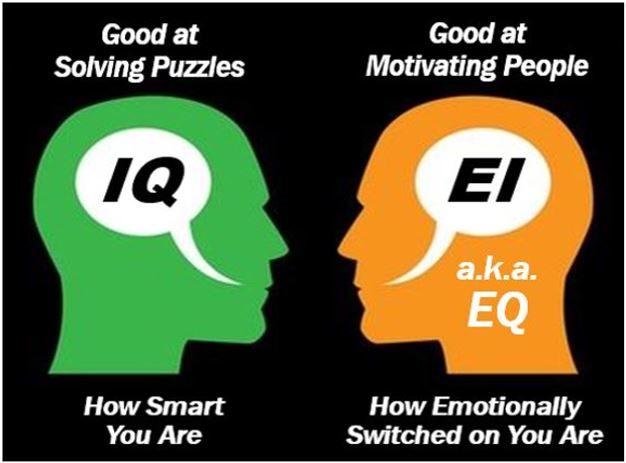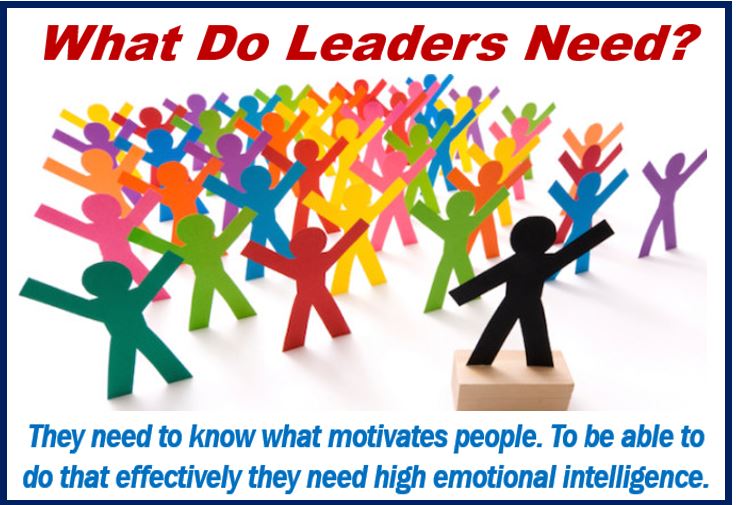IQ, which stands for Intelligence Quotient, is a score that is derived from a collection of tests designed to determine how mentally agile or intelligent a person is.
The concept of IQ emerged in the early 20th century as psychologists sought to quantify human intelligence for educational and psychological research.
This number indicates how far above or below their peer group people stand in mental ability. In all cases, the peer group’s average score or average IQ is 100.
If you are a genius, you have a very high intelligence quotient. Biographers and other experts estimate that Albert Einstein had an IQ of between 160 and 180, which would confirm that he was definitely a genius. People with a score of at least 140 are classed as geniuses.

IQ was originally represented as a ratio of an individual’s mental age and their chronical age, multiplied by 100. Therefore, if were were ten years old and had a mental age of ten, your IQ would be 10 x 10 = 100. If your mental age were 13, however, and your chronological age were 10, your IQ would be 10 x 13 = 130.
What does MENSA say about IQs?

According to MENSA, which has members in nearly 100 countries across the globe:
“IQ is a type of standard score that indicates how far above, or how far below, his/her peer group an individual stands in mental ability.”
“The peer group score is an IQ of 100; this is obtained by applying the same test to huge numbers of people from all socio-economic strata of society, and taking the average.”
William Stern (1871-1938), a German psychologist, coined the term IQ, which is the acronym for the German word Intelligenzquotient.
IQ & EI

People often confuse the terms intelligence quotient and emotional intelligence, or IQ and EI.
-
Emotional Intelligence of EI
Emotional intelligence has nothing to do with our ability to solve puzzles, work out equations, detect patterns, or remember things. EI is all about empathy and your ability to perceive, use, control, and manage your and other people’s emotions.
It is possible to have a high IQ but low EI. In fact, it is quite common. There are also individuals with high emotional intelligence and a slightly below average IQ.
-
Intelligence Quotient or IQ
IQ, on the other hand, is all about people’s mental ability, i.e., their intelligence or brainpower.
In the workplace – which matters more?
In any situation, you are going to need some IQ and EI. However, there are definitely jobs where emotional intelligence matters much more.

-
Emotional intelligence
If your job involves a lot of teamwork, motivating people, leading or training them, or selling to potential clients, emotional intelligence is crucial.
In an article about emotional intelligence in Market Business News, I wrote:
“For leadership, possessing high emotional intelligence is crucial for success. You need to know how to behave when under stress or very elated. You must also be good at sensing stress, anxiety, euphoria, or fear in other people, and how to treat or motivate them.”
-
Intelligence Quotient
There are some jobs that only people with high IQs can do properly. For example, a person without a high intelligence quotient would not be able to work as a top rocket scientist. Other professions that mentally agile people choose include engineering, professorships, medicine, and computer science.
Recent studies in neuroplasticity suggest that engaging in new learning experiences and cognitive training can lead to measurable changes in IQ scores over time, reflecting the brain’s ability to adapt and grow.
Famous people with high IQs (probably)
The ten historical figures below have been referred to as geniuses. Their IQs have been a subject of speculation rather than direct testing.
-
Albert Einstein (1879–1955)
Nationality: German-born, later became a Swiss and American citizen.
Profession: Theoretical Physicist.
- Leonardo da Vinci (1452–1519)
Nationality: Italian.
Profession: Painter, Engineer, Scientist, Theorist, Sculptor, and Architect.
-
Isaac Newton (1643–1727)
Nationality: English.
Profession: Mathematician, Physicist, Astronomer, Alchemist, and Author.
-
Marie Curie (1867–1934)
Nationality: Polish-born, naturalized-French.
Profession: Physicist and Chemist.
-
Galileo Galilei (1564–1642)
Nationality: Italian.
Profession: Astronomer, Physicist, Engineer, Philosopher, and Mathematician.
-
William James Sidis (1898–1944)
Nationality: American.
Profession: Child Prodigy, Mathematician, and Linguist.
-
Ludwig Wittgenstein (1889–1951)
Nationality: Austrian-British.
Profession: Philosopher.
-
Johann Wolfgang von Goethe (1749–1832)
Nationality: German.
Profession: Poet, Playwright, Novelist, Scientist, Statesman, Theatre Director, and Critic.
-
Nicolaus Copernicus (1473–1543)
Nationality: Polish.
Profession: Mathematician and Astronomer.
-
Stephen Hawking (1942–2018)
Nationality: British.
Profession: Theoretical Physicist and Cosmologist.
Video – What is IQ?
This interesting video presentation, from our YouTube partner channel – Marketing Business Network, explains what ‘Intelligence Quotient (IQ)’ is using simple and easy-to-understand language and examples.
